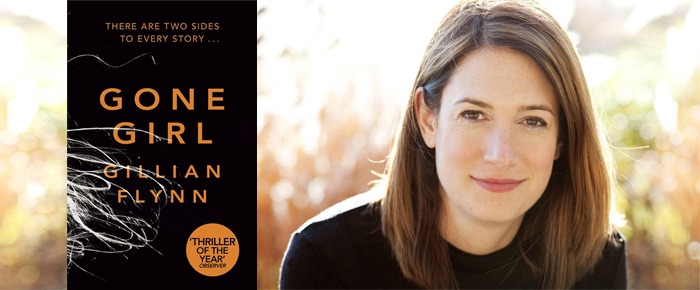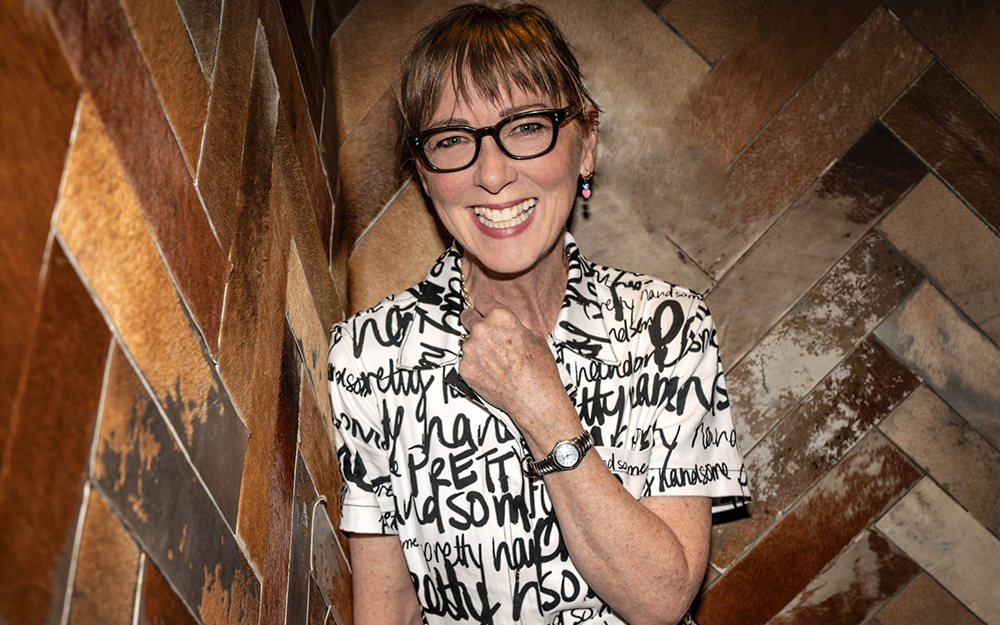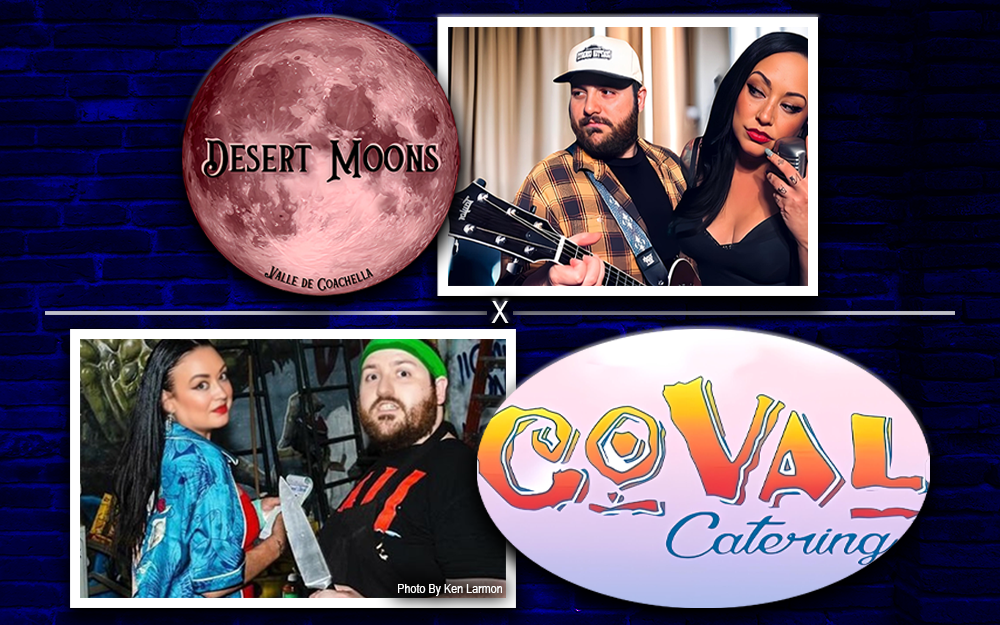
By Heidi Simmons
——-
Gone Girl
By Gillian Flynn
Fiction
——-
If you haven’t read Gone Girl (Crown Publishing, 419 pages) by Gillian Flynn, the movie version is now in theaters. Flynn also wrote the screenplay. So if you liked the movie, then you will certainly enjoy the book!
To date Flynn’s novel has sold more than 8.5 million copies! The film adaptation, directed by David Fincher and starring Ben Affleck and Rosamund Pike, is already a box office success. Audiences are made up of both those who have read the book and those who have not. Even though more women read the novel than men, both are equally going to theaters to see Gone Girl.
The subject of relationships and marriage is universal. What adult can’t relate to falling in love, getting married and the uncertain future one faces with the stranger that sleeps next to you in bed. Yes, some marriages seem to be made in heaven, but can feel like being trapped in hell.
The novel is a provocative, psychological thriller of crazy love and twisted obsession. Gone Girl explores the relationship between a husband and a wife who must come to terms about their future. And their past.
On the morning of Nick and Amy Dunne’s fifth wedding anniversary, the two are trying to hold it together after a challenging relocation from New York City to Nick’s small hometown in Missouri.
Told in alternating first-person accounts, the entire narrative unfolds as both the wife and husband intimately share with the reader their individual perspectives on their marriage and life as a couple. When Amy disappears, Nick becomes the primary suspect. Amy is the “gone girl,” and her diary tells the reader about their relationship from her point of view. Or does it?
As an investigation unfolds, the reader gets an inside look at the tense moments and psychological turmoil Nick is put through. There is the confusion and horror of not knowing what might have happened to his wife, compounded by the doubting police, the concerned relatives and the obsessed media.
There are no guidebooks on how to act when a spouse goes missing. Is it right to judge someone based on his behavior alone? Maybe. In this story, Nick is not good at being a distraught husband. He is calm, charming and aloof — borderline inappropriate?
What makes Gone Girl a compelling read is that things are not as they seem. With every chapter going back and forth between Amy and Nick, we learn something new about them and their relationship. As evidence is collected, and the case continues to go unsolved, Amy and Nick reveal new information about themselves — how they fell in love and their troubled past. Although the reader cannot be certain, it does not look good for Nick. But even the precious, innocent and beautiful Amy — as portrayed by the media — has a very dark side.
Of course reading Gone Girl is a different experience than watching it in a theater. The novel delivers a horrifying dilemma that only continues to deliciously worsen.
Gone Girl debuted in June 2012 and spent over a year on the bestseller list. Certainly Flynn can tell a compelling story, and the construction of the narrative is intensely clever. But it is Flynn’s astute insight into the human psyche where Gone Girl, the novel, really shines.
In many ways, Gone Girl is as much a look at the challenges and strains of modern marriage and the changing roles played in relationships, as it is a murder mystery. The author asks, of course through her characters, how well do we really know the mate we’ve chosen? Why, in even good relationships, do some people become self-destructive?
Flynn writes in both the male and female voice. As a woman author, she aptly draws Nick and fairly actualizes him as a rounded, complicated, but very real guy. There is no man bashing, other than from the angry media that demands justice for his missing wife. Flynn is equally honest about women. She does not tread lightly regarding the evil women are capable of administering to the men they “love.”
There are many great passages in this book but I particularly appreciated “Amy’s” description of “cool girls” and the challenges of being an “only child.” Nick has observation about twins and sibling order that give the characters additional depth.
Intentionally or not, Gone Girl gives us a look at our own insatiable appetite for sensational human drama. The author taps into our desire to know and understand the details of a horrendous event. She also illustrates how quick we are to circumstantially condemn, disregarding “innocent until proven guilty.” In more than one way, Flynn shows us our hunger for story.
Flynn’s novel Gone Girl is an atypical psychological thriller and picks up momentum with every short chapter. Even if you saw the movie, you will still enjoy reading the book.









































